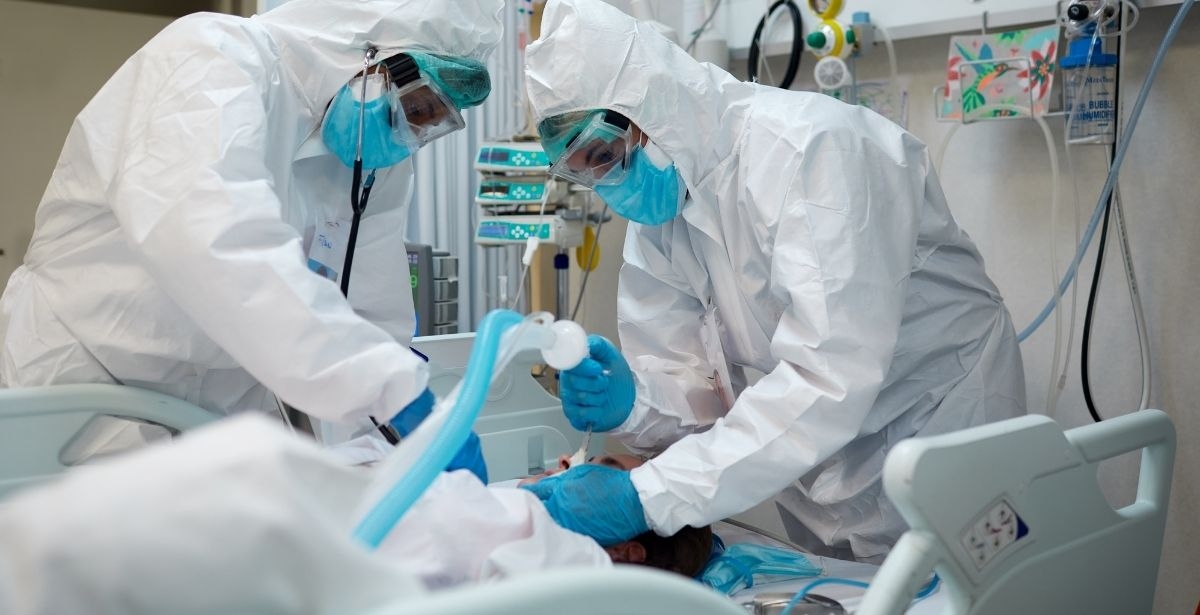
What Do Respiratory Therapists Do In an Emergency?
In an emergency, Respiratory Therapists provide critical patient care in a diverse and dynamic setting. These trained professionals have been in the headlines recently because Respiratory Therapists have been desperately needed during the COVID-19 pandemic. If you can remain calm in an emergency and would like a healthcare career, becoming a licensed RT might be for you. But what would you do in that likely emergency?
Respiratory Therapists Assess and Treat
When you’re part of a healthcare team during an emergency, you do whatever your skills and training will allow to help your patients. As an RT, that means you conduct respirator assessments. If your patient is able to communicate, you’ll start with a medical history. But if they’re in distress, unconscious, or unable to answer your questions, you still need to determine how well they can breathe and take in oxygen. You will need to:
- Assess airway obstructions
- Take your patient’s pulse and blood pressure
- Check their rate of respiration
- Watch for labored breathing and shortness of breath
- Look for abnormalities in the shape of their chest
- Take their oxygen saturation level
Once you know what your patient needs, you can help with treatment. As an RT you might:
- Initiate emergency resuscitation and cardiopulmonary procedures
- Perform bronchial hygiene
- Stabilize, manage, or intubate airways
- Perform chronic and acute care disease pulmonary protocols
- Administer aerosolize medications through a nebulizer
If you remember in the earliest days of the pandemic, news organizations noted a lack of ventilators for patients who needed them. Now there are plenty of ventilators but not enough people skilled on how to use them. Respiratory Therapists are in such need in an emergency setting that an increasing amount of air transport teams across the U.S. require them on board to tend to life-threatened patients from accidents to major medical centers for care.
Day to Day Responsibilities of Respiratory Therapists
Respiratory Therapists don’t just operate ventilators for patients whose lungs are compromised, like with the novel coronavirus. You would also serve a wide variety of patients with lung diseases, illnesses, and injuries. There are specialties on which you might focus, such as cardiopulmonary anatomy, physiology, and pathology. Depending on your specialty, you will see patients across the life spectrum: from premature babies struggling to take their first breaths to fragile seniors about to take their last.
What will your day look like? Again, depending on your specialty, you might:
- Assist with physical examinations of patients
- Assess lung and breathing problems
- Discuss treatments with physicians
- Analyze x-rays, blood, tissue, and breath for oxygen levels
Although you are not a doctor, you will be essential to your patient's care and your input will contribute to their recovery.
Training to Become a Respiratory Therapist
At YTI Career Institute, you will learn from qualified instructors and experience hands-on training in Respiratory Therapy. YTI's Respiratory Therapist program will prepare you for an entry-level position in the healthcare field. The YTI blended learning experience combines qualified instruction and student support with the independence and flexibility of online learning. Following online training, your clinical rotations in approved hospitals, long term care facilities, and clinics can prepare you with the working knowledge and skills you'll need as an important part of any medical team.


